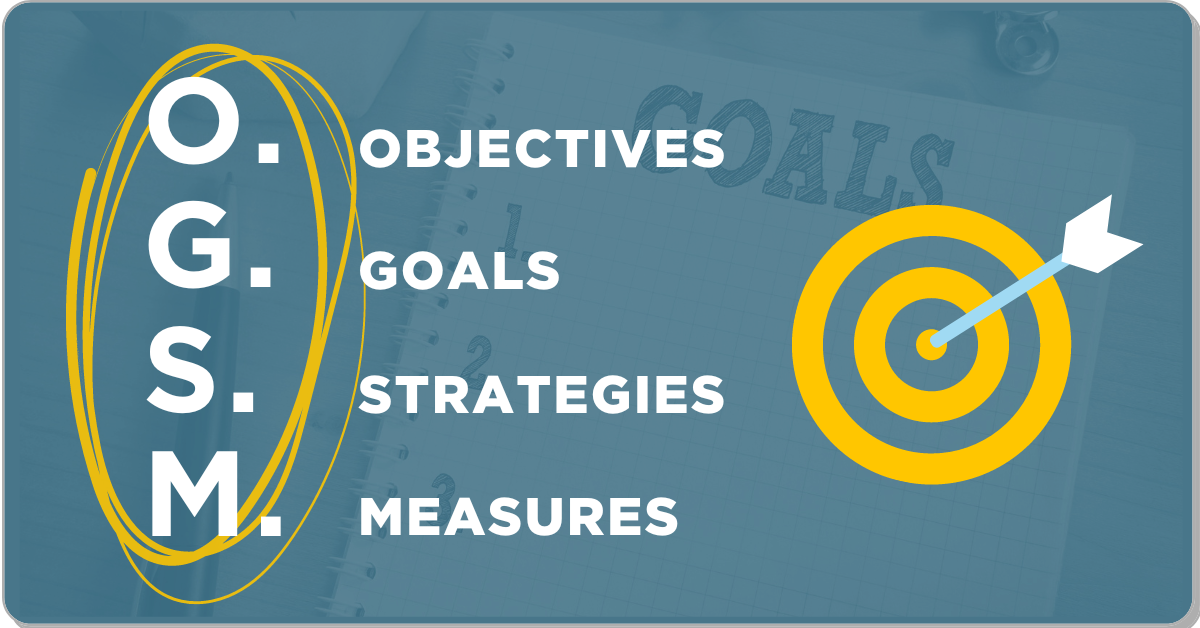.png?width=1200&name=Copy%20of%20Capitalizing%20%20(1).png)
A strong corporate recognition culture motivates employees as well as attracts and retains top talent—a win for the company and a win for the employee. There’s nothing we like better at The Great Game of Business®!
A recognition culture doesn’t happen by accident and it doesn’t happen overnight. Looking at best practices and tips can save you the trouble of reinventing the wheel—here are 6 best practices for you to consider when creating a recognition culture in your organization.
1. Start at the Top
There’s a reason “Change Starts at the Top” made it on to Jack Stack’s Higher Laws of Business list (#10)! As with all people-based initiatives, top management's support and participation are essential to establish a true recognition culture. Senior leadership modeling the recognition behaviors desired from all employees is the most effective way to communicate to everyone, “This is important, it matters to our success.” It’s that simple. Without management walking the talk, the culture won’t happen.
2. Recognize Early and Often
In a robust recognition culture, employees will experience recognition from day one. They’ll receive information about formal programs during the on-boarding process, and the company will deliver on the promise as they achieve pre-established new employee milestones. . . and that’s just the beginning!
3. Make It Easy
It must be easy for everyone in the organization to express recognition and appreciation. Supported by up-front training, a healthy mix of formal and informal programs including some hosted online or on social media make it easy both managers and peers to recognize a “job-well-done”.
4. Be Specific
To be valued by the receiver, recognition must go beyond “atta girl” or “atta boy”. It should be given for specific behaviors, not just generic qualities. Awards should acknowledge measurable results.
Employees especially value types of recognition that memorialize their efforts/results (think something that can be displayed or shown to others) or explain in public venues exactly what they’re being recognized for.
5. Connect the Dots
It’s a win-win when you take time to tie appreciation to company strategy and goals. The employee knows exactly how they’re contributing to the long-term success of the organization and the company benefits from a better return on investment for resources spent on appreciation. It also gets everyone focused on the same business goals while contributing to a culture of appreciation.
6. Tell Stories
Stories are powerful, evoke emotion and support memorable appreciation moments. Create remarkable recognition experiences in which employees will tell (and retell) the story to others, and a great employee culture will be created and sustained.
In addition, it’s important to get as many people as possible involved in your recognition efforts. All employees must feel they own the responsibility of sharing recognition, appreciation, and praise with their peers, colleagues and superiors. “Everyone-to-everyone” recognition is the foundation of a true recognition culture.
Learn more best practices in our Change the Game Podcast.
Other articles you might like:
- Why Recognizing Small Achievements Matters, and How to Do So
- They Key to Employee Motivation: Recognition & Praise
- 6 Easy Ways to Reward & Recognize Your Employees
- 10 Easy Ways Leaders Can Express Appreciation in The Workplace
.png)















